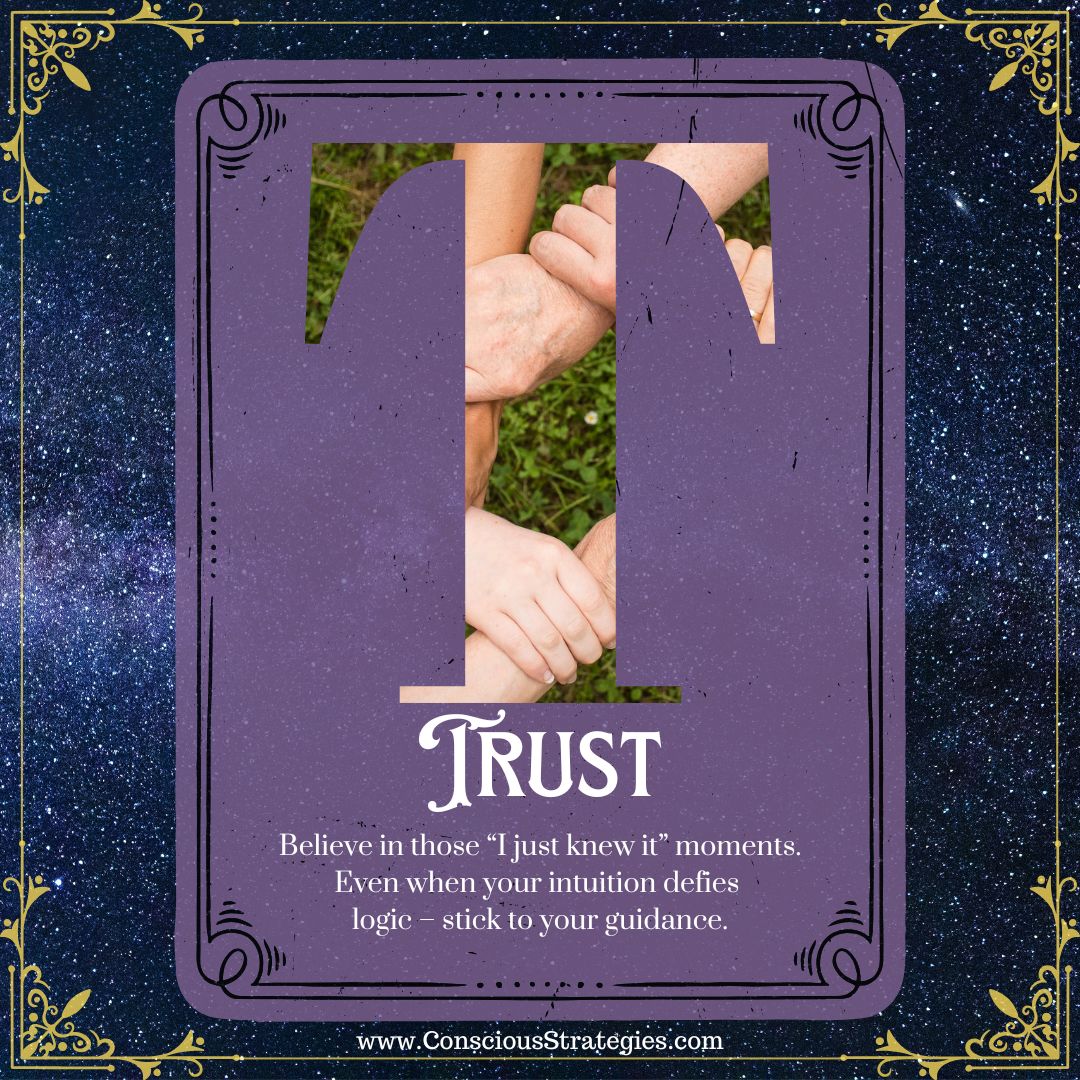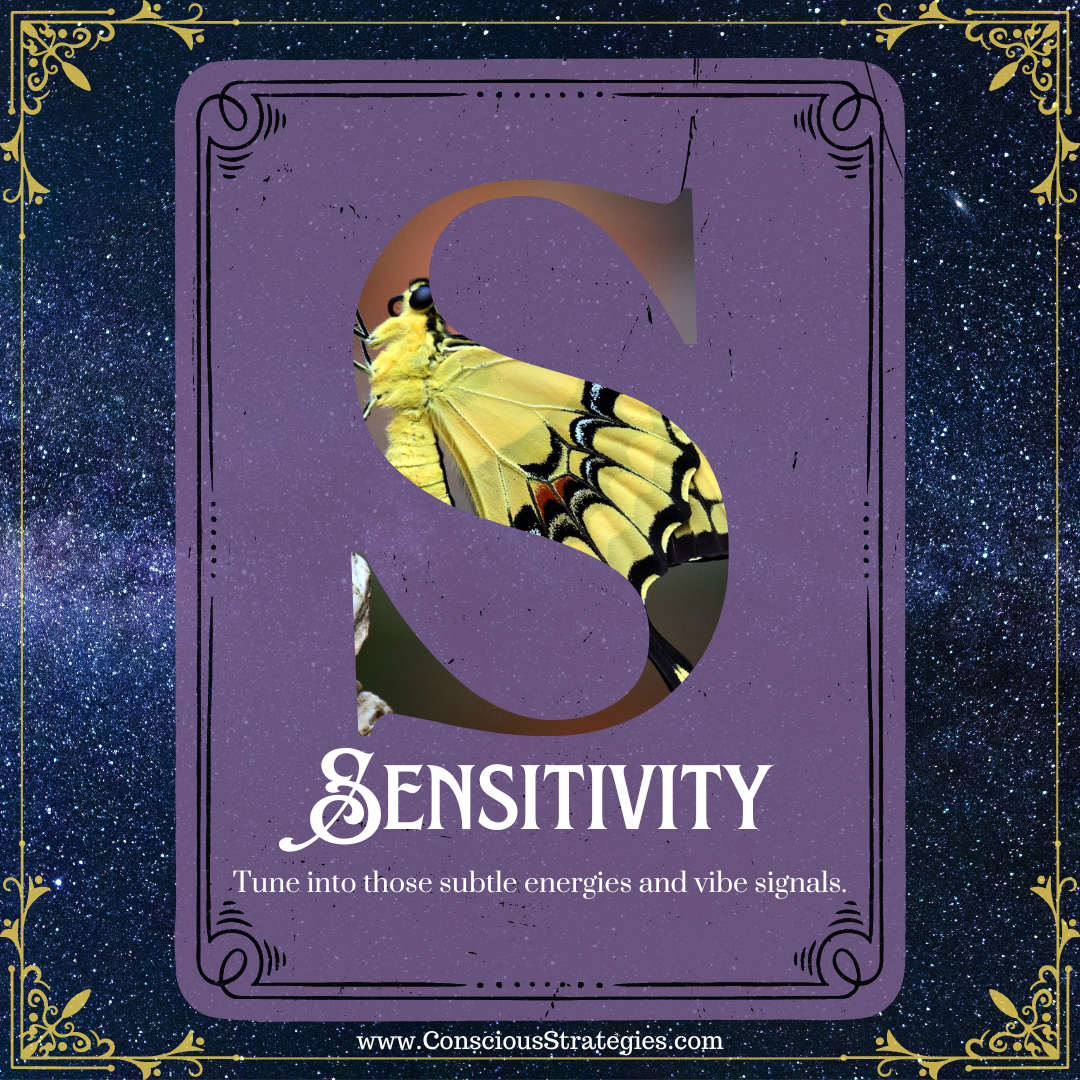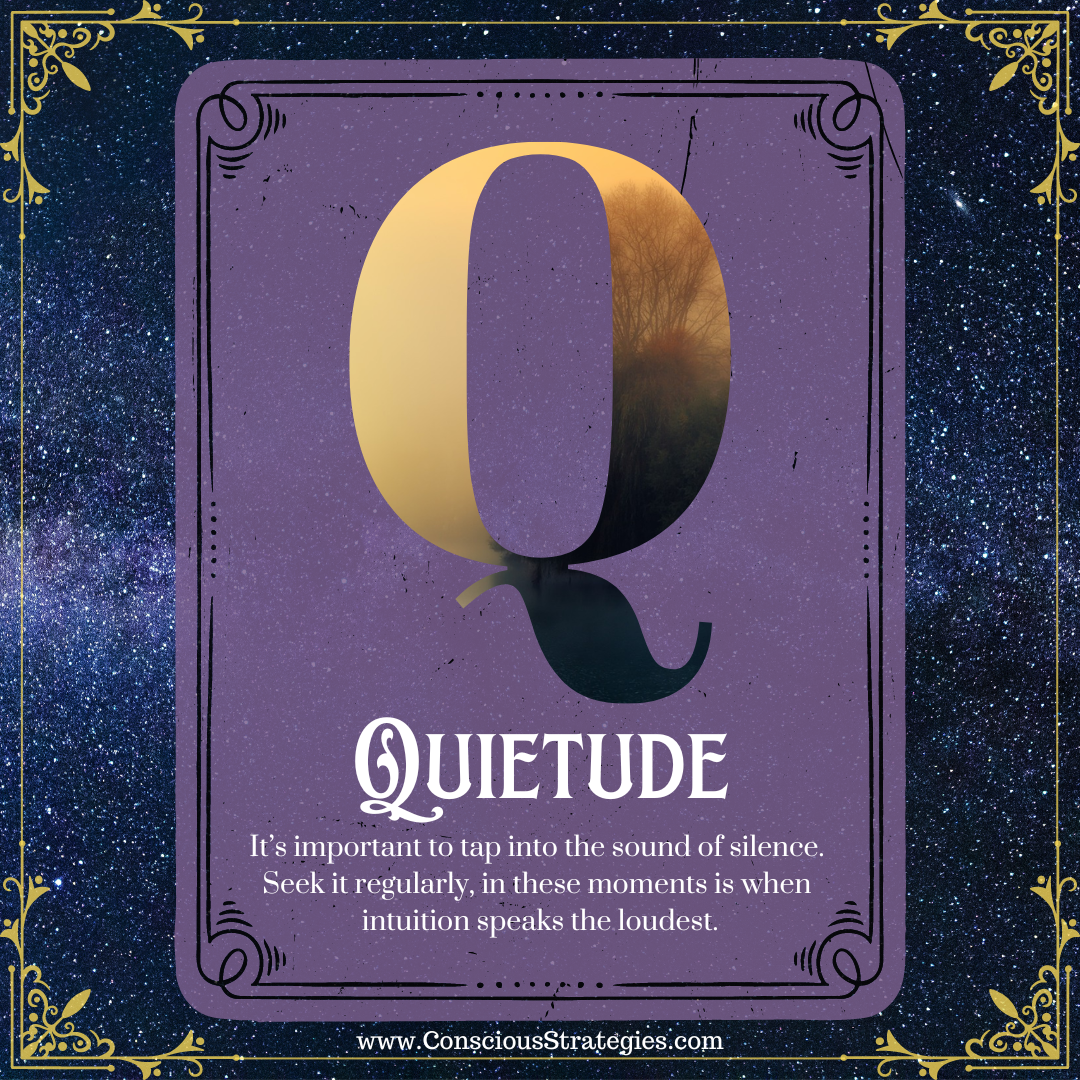Where are you going, and how are you going to get there? Are there a few aspects your life that you easily identify, and respond with, “If only I didn’t do this, then I would be…”, or how about, “If only I did this better, then I would be…” It is interesting to consider those missing ingredients, or life-altering habits that would equate to self-betterment and “true life success.” You certainly may have the skills necessary to move into a new, more enjoyable life direction, but at times it is hard to know how to get on the right path. In these cases, a life coach may be the best option.
The Difference Between Therapy and Life Coaching
To quickly address this issue, a life coach is not a “glorified therapist.” While a client may share in conversations with a life coach and therapist that would be similar in nature, life coaching is more about taking stock in the present, and working together to set foot on a path toward a desired future. Therapy is generally an exploration of past and present, focusing on feelings and emotional health to help find a healthier balance in daily life.
How Do You Know if You Need a Life Coach?
The first thing in determining the need of a life coach is to take some quality time to determine your present – the status quo: Where are you, and where do you want to go? Whether you feel stuck in a pattern of employment, instead of enjoying a rewarding career or profession, or you’re struggling to balance life between work, family and personal play time, there are solutions to these problems. While a life coach isn’t going to wave a magic wand over your problems and make them disappear, they can certainly help to offer a new perspective, so you may see your “problems” as assets, providing wisdom in moving forward. A life coach can also help you organize a new plan of attack in your daily life as you strive to find balance.
Another clue: If you like the thought of working with a life coach, yet the issue of accountability scares you away from the prospect, it’s a good indication that a life coach could help open some new doors, offering a fresh perspective.
How to Find a Life Coach
You’ll have no problem finding several life coach prospects via a quick Internet search. During your search process, consider a few things: Personal recommendations, professional credentials and a personality that complements your own.
Trusting a recommendation from a friend, family member or colleague is one of the best ways to find a great life coach. More than likely, clients will take on traits of coaches, putting their plans into practice – there’s no better way to see the proof in the pudding.
Be sure your life coach is able to offer some form of accreditation. Whether accreditation is in the form of a degree, and/or a certification from the ICF (International Coaching Federation), a professional stamp of approval can provide the green light for life coach consideration.
You want your life coach experience to be a positive one – choose a coach you mesh well with. You’re going to commit your time to goals that you and your coach identify, so a light, positive environment with a clear focus will often equate to success.





